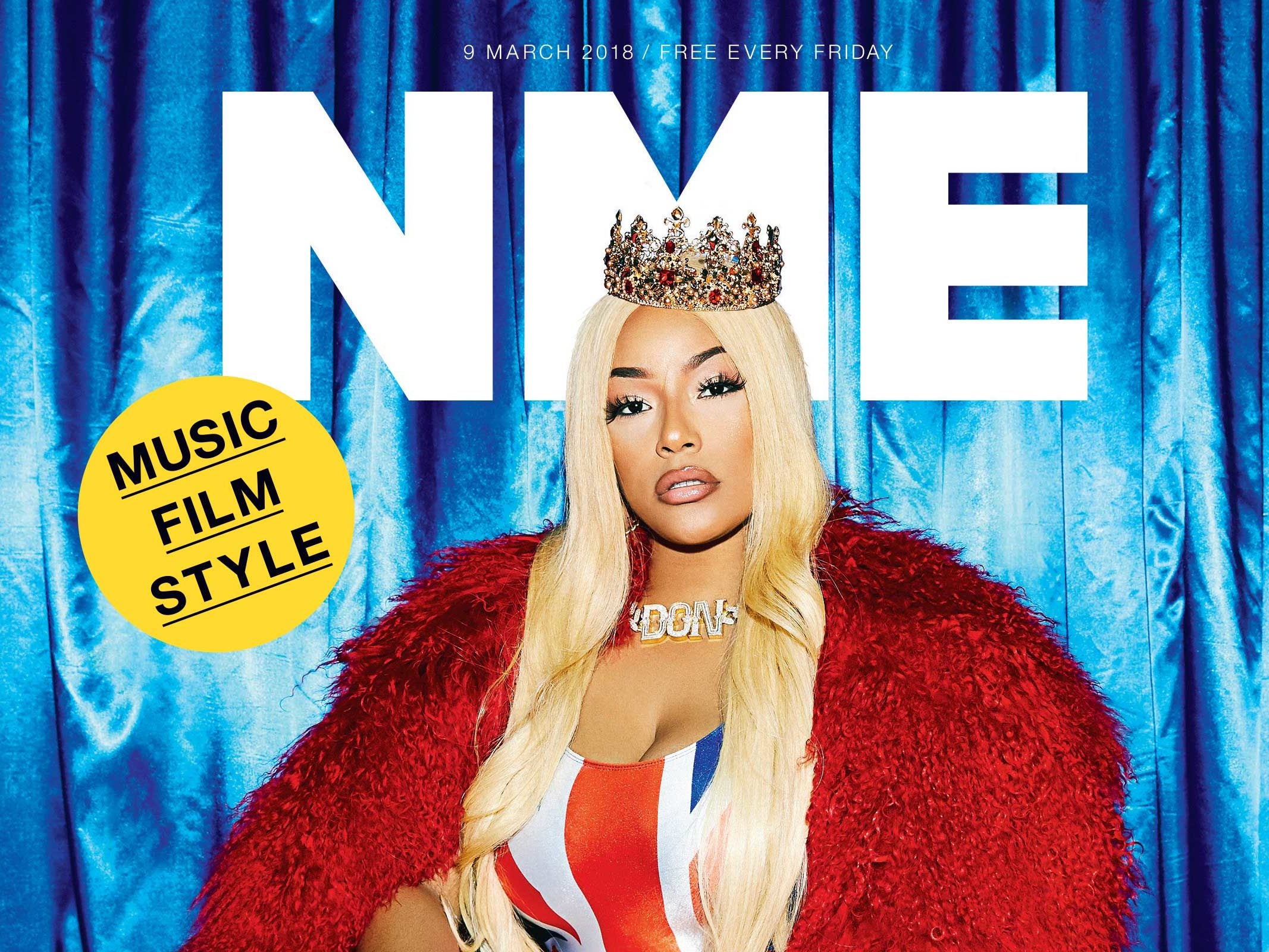
Music magazine the NME is to stop publishing its free weekly magazine, claiming it is “no longer financially viable”, as it turns its focus online.
Publisher Time Inc UK said it had faced “increasing production costs and a very tough print advertising market” and that “effort and investment” was now being focused in the “digital space” to secure the brand’s future.
Friday’s issue of the magazine (pictured) is set to be its last in print, but NME will continue to publish content online at NME.com.
The magazine, which first launched some 66 years ago as the New Musical Express, rebranded as a free weekly title in September 2015 that is distributed at stations, shops and venues in cities across the UK.
NME distributed 289,432 copies a week, according to ABC figures for the six months to the end of 2017. A small number of these – about 1 per cent (2,242) – were actively purchased single copies.
Online, the NME claims to have more than 13m global unique users per month, including 3m in the UK (data from Comscore and publisher’s own internal analytics).
NME has some 921,000 followers on Twitter and more than 883,000 likes on Facebook. It claims its social media reach is more than 200m per month (own data).
Time Inc UK, which last week was sold to a private equity firm for an undisclosed sum, says it is launching a number of new services, including Internet radio station NME Audio that has two channels: NME 1 and 2.
NME 1 will champion new talent on the title’s radar and NME 2 will feature a range of artists and NME classics, according to a spokesperson.
The magazine’s cover star interview will continue online in the new guise of “The Big Read”. A weekly curation of NME.com’s biggest stories will also be made available in an app downloadable via Apple’s App Store.
Time Inc UK group managing director of music Paul Cheal said: “NME is one of the most iconic brands in British media and our move to free print has helped to propel the brand to its biggest ever audience on NME.com.
“The print re-invention has helped us to attract a range of cover stars that the previous paid-for magazine could only have dreamed of. At the same time, we have also faced increasing production costs and a very tough print advertising market.
“Unfortunately we have now reached a point where the free weekly magazine is no longer financially viable. It is in the digital space where effort and investment will focus to secure a strong future for this famous brand.”
Cheal said the brand would continue to publish special issues in print, including its paid-for series NME Gold, adding it will be “exploring other opportunities” to bring more of its journalism to print as well.
Keith Walker, digital director of NME, said: “NME has been at the digital forefront for more than two decades. Our global digital audience has almost doubled over the past two years.
“With these new developments, we are giving consumers even more of what they want from us. By making the digital platforms our core focus we can accelerate the amazing growth we’ve seen and reach more people than ever before on the devices they’re most naturally using.”
NME is also set to enhance its ticketing service and membership offering, as well as its platform for supporting new musical talent, NME Emerging, through a partnership with Pledge Music.
It also currently sells band and other merchandise through NMEmerch.com.
Email pged@pressgazette.co.uk to point out mistakes, provide story tips or send in a letter for publication on our "Letters Page" blog
